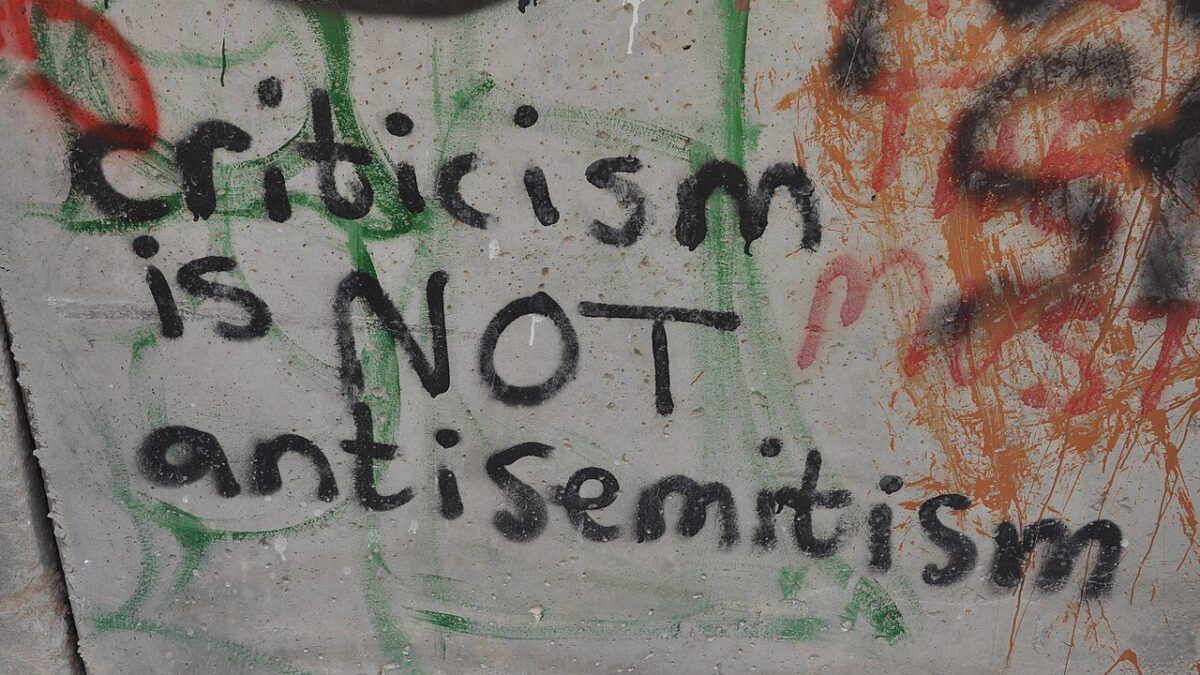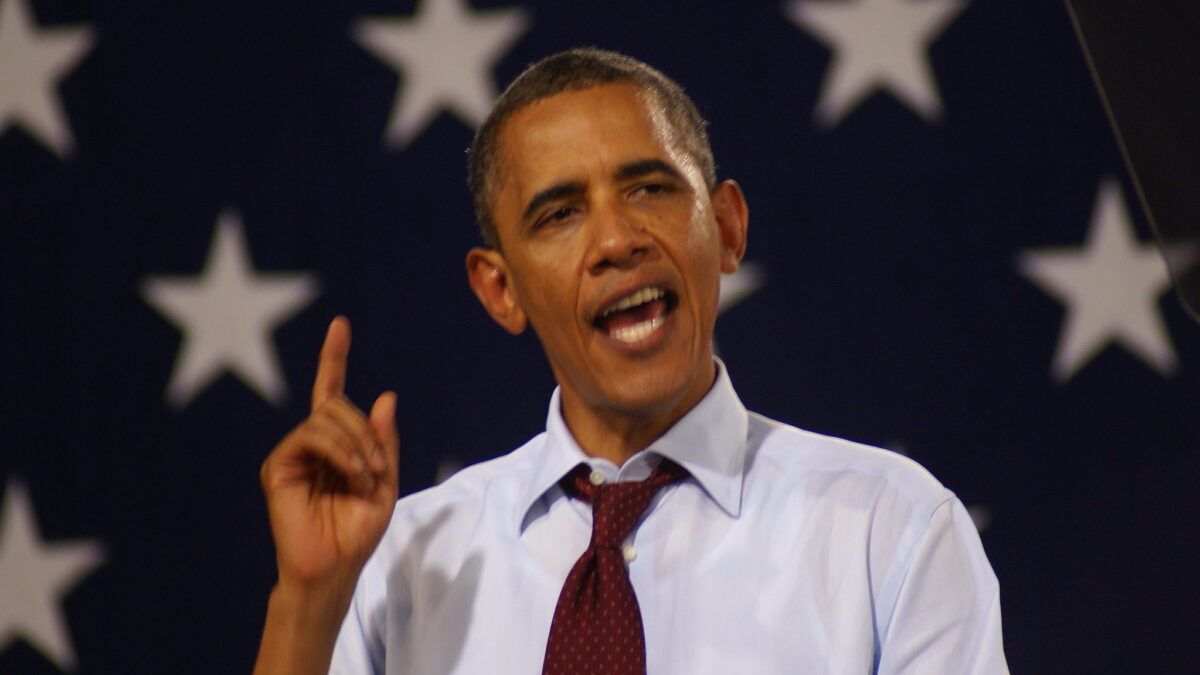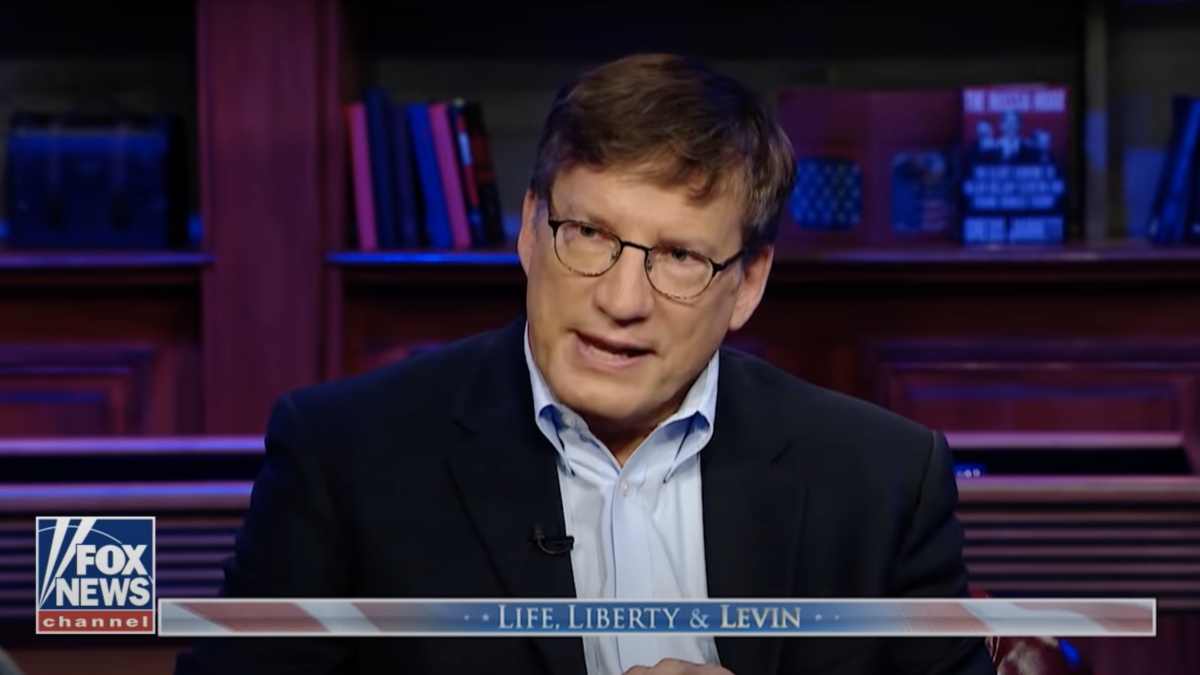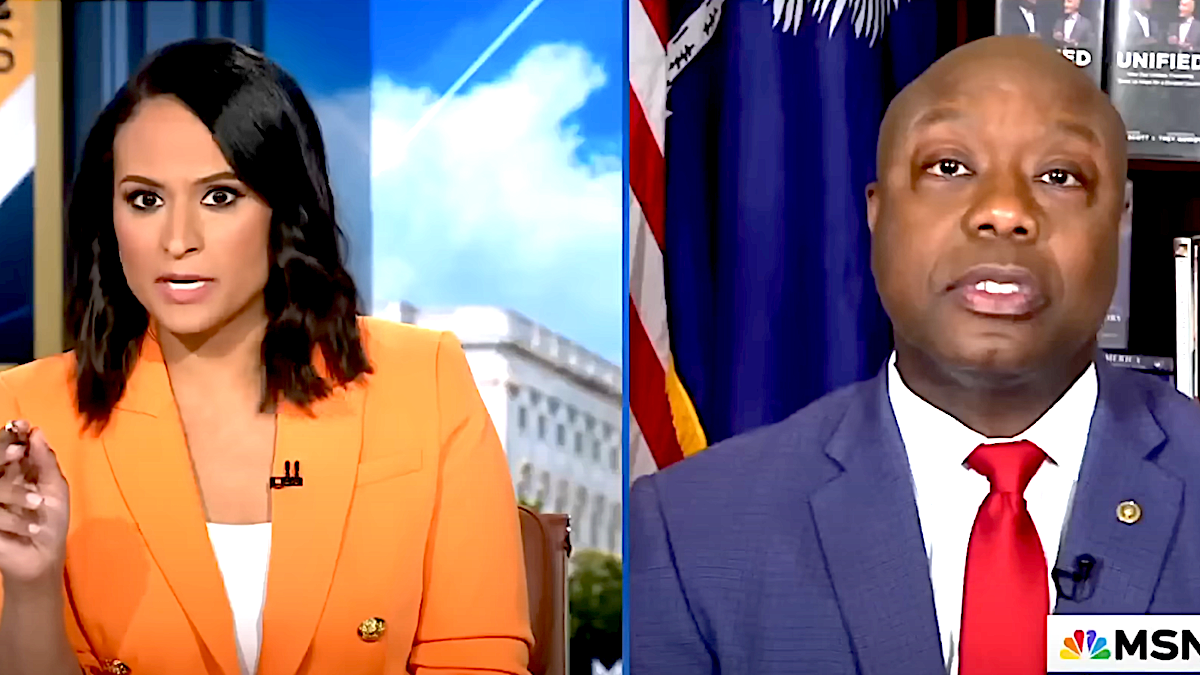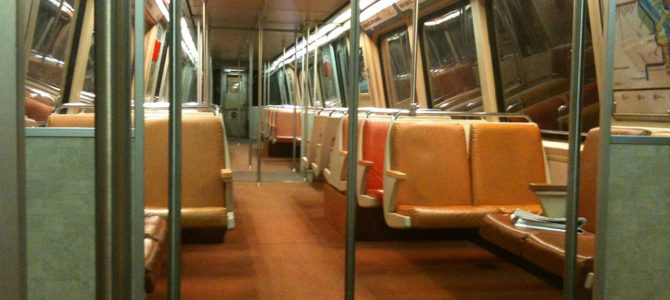
My November 30 article covering a lawsuit against Washington DC’s transit system began: “Keep the cash in Christmas. That was the message the Catholic Archdiocese of Washington received from the D.C. Metropolitan Transit Authority when the archdiocese attempted to buy ad space on Metro buses for its ‘Find The Perfect Gift’ campaign.”
In the lawsuit, the archdiocese argued that by refusing its ads, Metro violated the church’s First Amendment and due process rights, and the federal Religious Freedom Restoration Act. At the time, the archdiocese’s case seemed a pretty clear example of anti-religious animus and viewpoint discrimination. However, two happenings in the last week cast new light on Metro’s advertising guidelines that ban political and religious displays, and its use of those rules to reject the Catholic archdiocese’s “Find The Perfect Gift campaign.”

First, on Friday, when federal district court judge Amy Berman Jackson denied the archdiocese a temporary restraining order and preliminary injunction, she detailed the rationale underlying Metro’s decision to ban political and religious advertisements, writing:
The [Metro] Assistant General Manager for Customer Service, Communications, and Marketing also averred that she heard from the Metro Transit Police Department and the U.S. Department of Homeland Security that running certain issue-oriented ads could pose security risks on trains and buses. One of the factors that spurred [Metro] to close its advertising forum was the submission of an ad featuring a cartoon depiction of the Prophet Mohammad. Drawing the Prophet Mohammed is highly offensive to Muslims, and [Metro] was aware that the ad was drawn at a contest where two gunmen were killed in an attempt to prevent the event.
But why then also ban the “Find The Perfect Gift” campaign ad—an advertisement that does not disparage? From a legal perspective, the answer flows from First Amendment jurisprudence, which grants governmental officials the right to control access to a “nonpublic or limited forum,” such as advertisement displays on government property, “based on the subject to be discussed as long as: the lines drawn are reasonable given the purpose of the forum involved, they do not favor one viewpoint over another, and they are consistently applied.”
Had Metro opened the “limited forum” of bus advertisements to the subject of religion, it could not then discriminate based on the content of the proposed ad. In fact, the archdiocese’s strongest argument for reversal stems from Metro allowing advertisements that promote the commercialization of Christmas while rejecting the archdiocese’s religious perspective of Christmas; or Metro’s acceptance of yoga-soul-saving ads, while refusing the church’s Christ-saving message.
The archdiocese, which filed its notice of appeal with the D.C. Circuit Court of Appeals yesterday, will likely stress these facts in seeking to overturn the district court’s decision. However, in arguing that it is entitled to an injunction to compel Metro to run its ad, a recent development will give the appellate court pause to interfere with Metro’s decision. Monday’s detonation of a pipe bomb by a terrorist inside a New York City subway passage.
According to The New York Times: “Law enforcement officials said the attacker, identified by the police as Akayed Ullah, 27, chose the location because of its Christmas-themed posters, a motive that recalled strikes in Europe, and he told investigators that he set off his bomb in retaliation for United States airstrikes on ISIS targets in Syria and elsewhere.”
Unfortunately, the Homeland Security warning that prompted Metro’s new advertisement policy proved prescient. Whether banning ads is the proper response to the threat of terrorism, though, is another question. When they come for Baby Jesus, secular society may stay silent, but what’s next? The ads for alcohol that Metro voted to allow last year to offset the revenues lost from the banned religious ads? People of some religious sects consider alcohol offensive. With every new warning, will Metro continue to contract the scope of permissible advertisements?
In seeking to protect its right to religious liberty, the archdiocese inadvertently exposed a bigger threat to all liberty in the age of terrorism: self-censorship.


